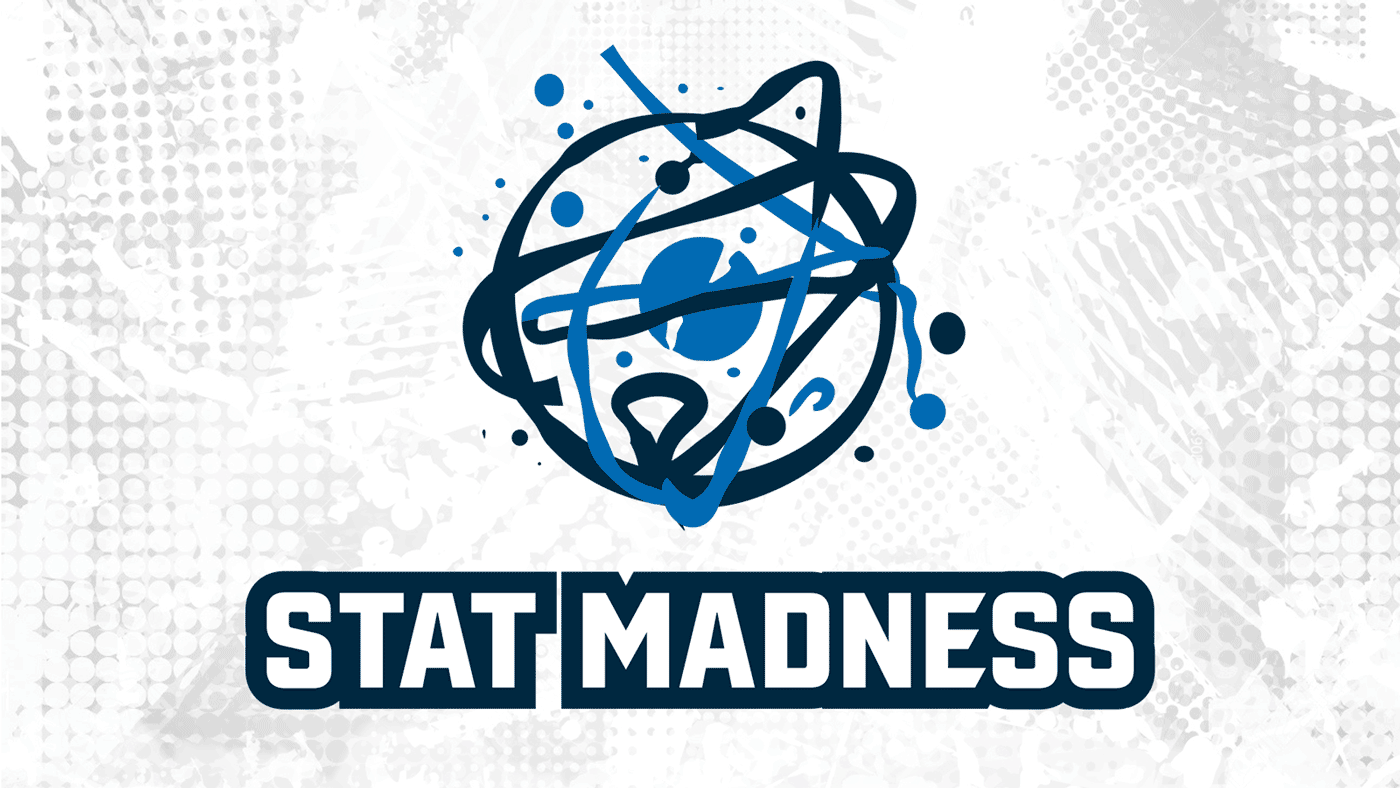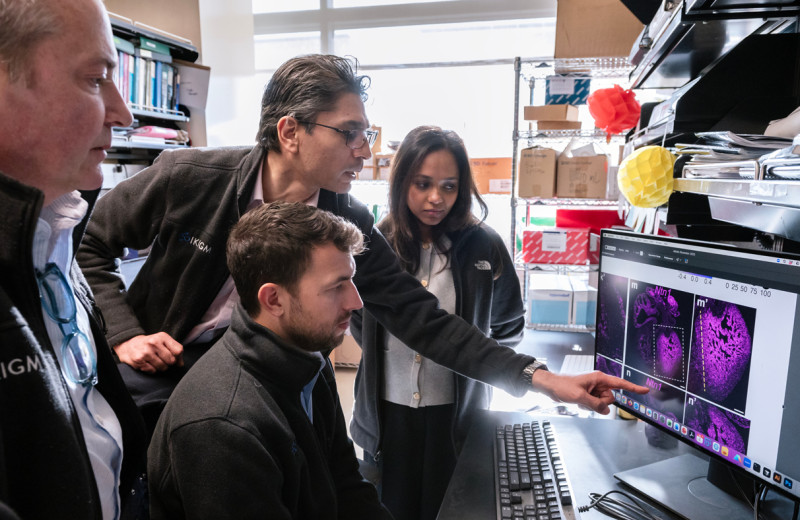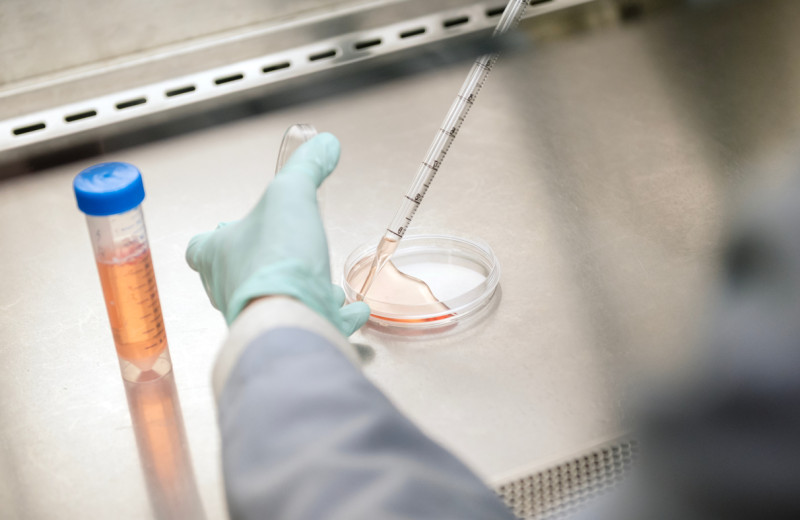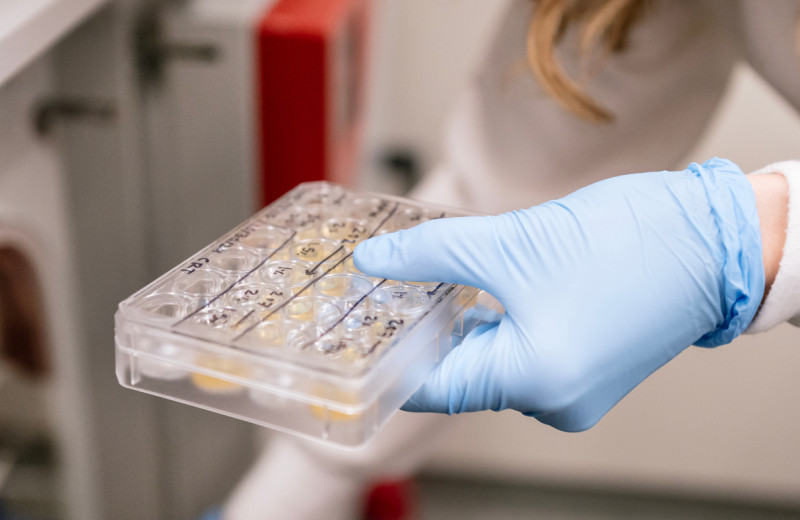Gladstone NOW: The Campaign Join Us on the Journey✕

Gladstone Institutes may not have a basketball team, but that doesn’t mean we’re left out of the bracket fun during March Madness.
The health and science publication STAT has selected a breakthrough discovery from Gladstone to be part of its annual STAT Madness competition, in which research institutes compete for the title of champion—represented by some of their top scientific findings of 2023. The winner is deemed the most innovative research institution in the country.
To advance to the next round, we need your vote!
Visit the STAT Madness bracket to cast your vote for Gladstone—and share with your social networks to encourage friends and connections to vote, too. The institutes and universities with the most votes will move on to the next stage of the competition. (Note: you will need to create a free account at STAT or log in to an existing account to vote.}
Unlike some brackets, where you fill in your picks all at once, STAT Madness goes round by round: The round of 64 votes starts on March 1, and the championship round finishes on April 4. In the first round, Gladstone appears in Matchup 15 of 32.
Gladstone is represented in STAT Madness by its recent discovery, published in Cell Reports, that shows the gene editing technology CRISPR holds promise for treating the aggressive brain cancer known as primary glioblastoma.
Using a novel technique called “cancer shredding,” Gladstone researchers programmed CRISPR to zero-in on repeating DNA sequences present only in recurrent tumor cells—and then obliterate those cells by snipping away at them. Working with cell lines from a patient whose glioblastoma returned after prior treatments, the team used CRISPR to destroy the tumor cells while sparing healthy cells.
“Glioblastoma is the most common lethal brain cancer, and patients still don’t have any good treatment options,” says Christof Fellmann, PhD, who led the study at Gladstone. “Patients typically receive chemotherapy, radiation, and surgery, but most relapse in a matter of months. We wanted to find out if we could do something outside the box that could get around this problem of recurrence.”
Much of the research was conducted in the lab of Gladstone Senior Investigator Jennifer Doudna, PhD, an author of the paper, who received the 2020 Nobel Prize in Chemistry for her co-discovery of the CRISPR-Cas9 gene editing technology. Also playing a key role in the study was Mitchel Berger, MD, a neurosurgeon and director of the Brain Tumor Center at UCSF, whose team helped secure patient-derived cell samples that bolstered clinical relevance of the results, and Alexendar Perez, MD, PhD, a resident at UCSF who did much of the computational work. (Read more about the discovery in Gladstone’s news article.)
Featured Experts
Disrupted Boundary Between Cell Types Linked to Common Heart Defects
Disrupted Boundary Between Cell Types Linked to Common Heart Defects
Gladstone scientists identified a cellular boundary that guides heart development and revealed how disrupting it can lead to holes in the heart’s wall.
News Release Research (Publication) Congenital Heart Disease Cardiovascular Disease Bruneau LabGene Editing Strategy Could Treat Hundreds of Inherited Diseases More Effectively
Gene Editing Strategy Could Treat Hundreds of Inherited Diseases More Effectively
Scientists at Gladstone show the new method could treat the majority of patients with Charcot-Marie-Tooth disease.
News Release Research (Publication) Neurological Disease Conklin Lab CRISPR/Gene EditingGenomic Maps Untangle the Complex Roots of Disease
Genomic Maps Untangle the Complex Roots of Disease
Findings of the new study in Nature could streamline scientific discovery and accelerate drug development.
News Release Research (Publication) Marson Lab Genomics Genomic Immunology




